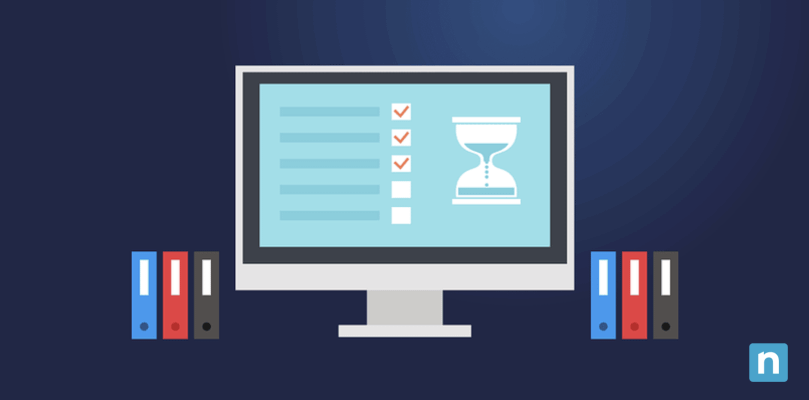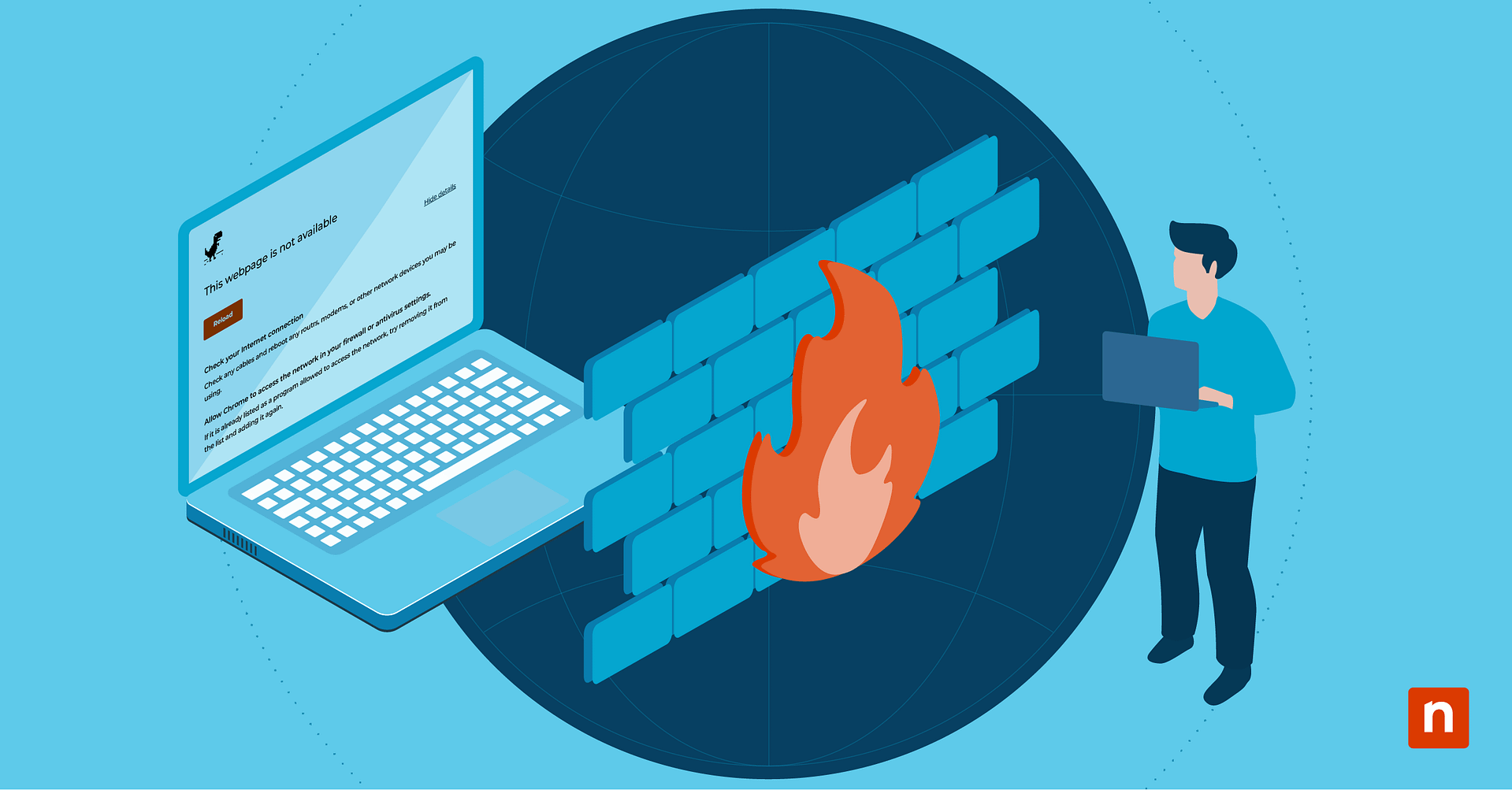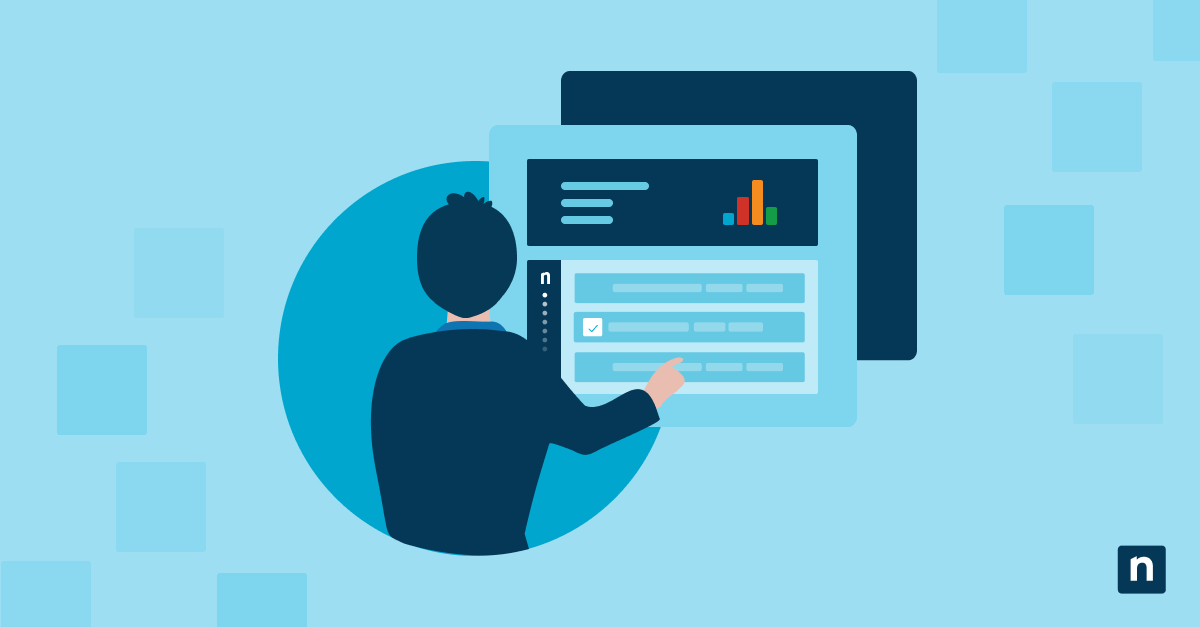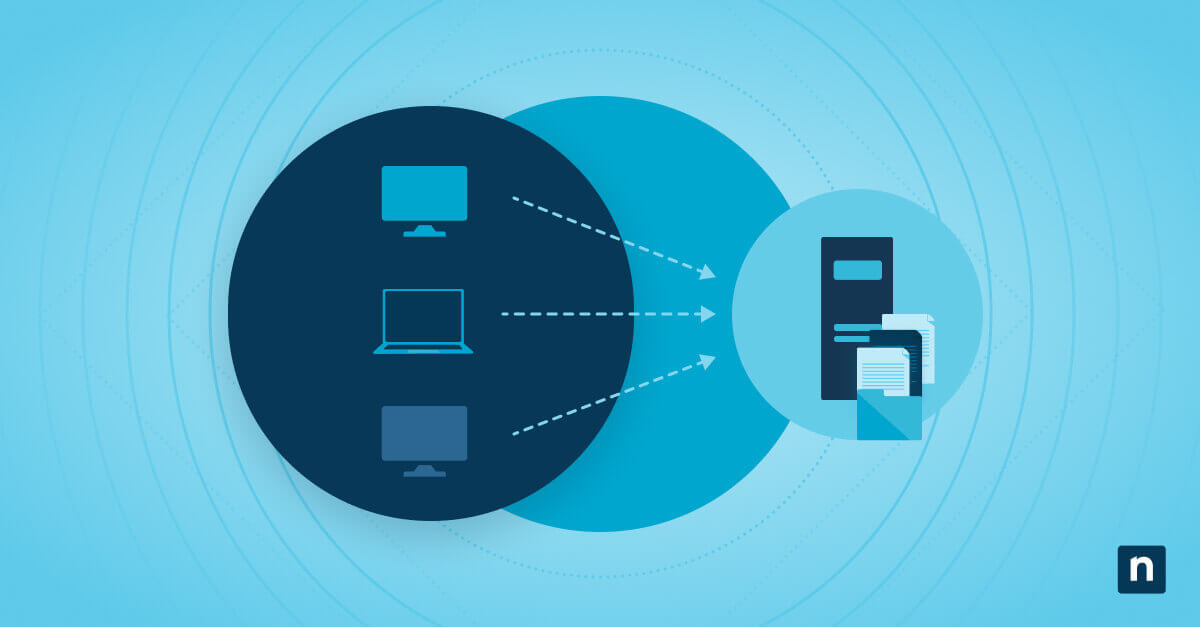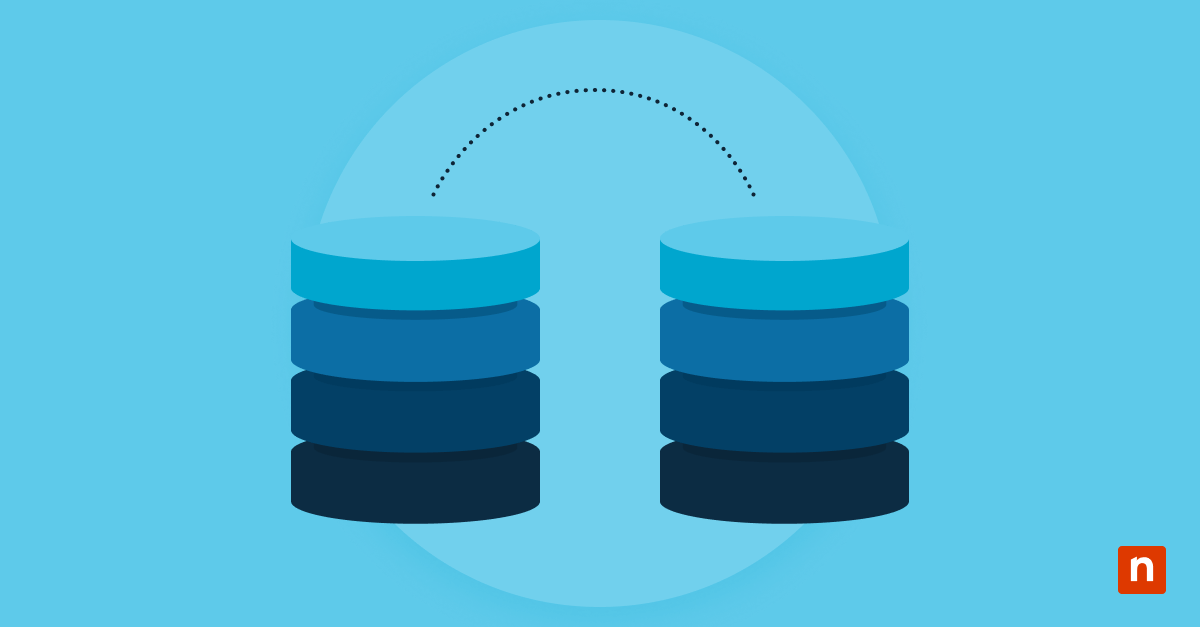Disasters happen, whether it’s a natural disaster like a hurricane or tornado that damages property, or a cyberattack that leaves your business reeling. When a disaster comes your way, it’s important to be equipped with the right tools and practices in place to avoid complete data loss. And unfortunately, without proper backups in place, some organizations can find themselves unprepared to recover critical business data. In IBM’s yearly Cost of a Data Breach report, they found that the global average cost of a data breach in 2023 was USD 4.45 million, a 15% increase over the past three years. That’s an expensive accident.
Aside from financial implications, data loss can cause a multitude of problems including an interruption in business and productivity, legal consequences, or even business closure.
Why data backup is important
The benefit of data backup is often unseen, as organizations won’t know the actual cost of a data breach until something happens. And if they don’t already have backups in place, then it’s too late. Here are a few reasons why organizations need to prioritize comprehensive backups.
Data loss prevention
Of course, the number one reason why data backup is important revolves around the prevention of losing data. Companies should prepare for the worst, which includes implementing a comprehensive backup and recovery plan.
Access to archived data
Many industries such as finance and healthcare are subject to audits and will need to have easy access to records.
Increased productivity
When disaster strikes and end users lose their documents, having a backup in place means that they can quickly recover existing data and they won’t have to spend valuable time recreating lost data.
Better data security
If you find yourselves at the mercy of ransomware, data backups give you peace of mind knowing that all of your important data is stored elsewhere, and damage done can be swiftly reversed.
Disaster is hard to prevent entirely
Organizations should invest in precautionary methods of defense such as security and endpoint management solutions, but the impact of a disaster can’t always be mitigated, especially when it comes to natural disasters. Backups help prevent complete data loss in the face of disaster.
People make mistakes
Not every instance of data loss will be due to a large disaster or major cyberattack. Many times, end users with access to important company data can accidentally erase it. Backups just allow you to recover a copy of that data quickly.
8 tips on keeping your data secure
Having a backup solution in place is one thing, but there are additional steps of security that you can take to ensure your data remains safe, even after it’s backed up.
Test your backups
Imagine this: your business is hit by a major ransomware attack. You’ve been backing up your data on a schedule, but when you try and recover it, you discover that some of the files are corrupt and cannot be restored. When you implement your backup solution, make sure that backup testing is done regularly to ensure the health of the backed-up data.
Don’t forget about recovery
Having backups is one thing, but having a recovery plan in place is something else entirely. When disaster strikes, you want to be sure that you can recover those backups quickly and efficiently. Disaster recovery plans will have multiple components that consist of corrective measures, clearly assigned roles, communication plan, and more.
Remember the 3-2-1 backup rule
This is a basic rule of thumb when it comes to backing up data, and for good reason. This rule dictates that you have three copies of your data, in two different media forms, one of which being offsite. For example, this means that you could have two copies in different on-site hardware and one backup in the cloud. This gives you more opportunities for restoration and recovery.
Keep folders and documents protected
In the 2021 Varonis Global Data Risk Report, on average, 33% of all folders used by a company are open to everyone. With that many people accessing various documents, there’s a good chance that someone may accidentally create or delete important data without knowing.
Encrypt your backups
Encrypting backups is an extra security measure that organizations can use to keep their data safe in the event that the backup is compromised in some way. It can add an extra layer of security that may be important when it comes to certain industries that require more robust protection. Many backup solutions, like Ninja Backup, include encryption for data at rest and in-transit.
Create a backup schedule
Set up a schedule in your organization to have backups regularly maintained. By keeping up with a schedule, you can always ensure that your backups are up to date. Performing them regularly will help to guarantee the safety of your data.
Automation is your friend
It can be challenging to remember to backup data every time you schedule it, which means that backups can be missed. Using a dedicated backup software with automation allows you to schedule your backups and avoid human error.
Continuously monitor your backups
This goes hand-in-hand with testing your backups, but when you set up your backup workflow, make sure you build monitoring into your process instead of simply setting and forgetting. Without proper monitoring, you may not see the errors until it’s too late.
NinjaOne Backup
In the dynamic landscape of cybersecurity threats and data vulnerabilities, NinjaOne Backup stands as a robust and reliable solution, providing an essential lifeline for businesses seeking to safeguard their critical information. Its automated and continuous backup process, coupled with its ability to swiftly recover encrypted data, ensures organizations can mitigate the potentially catastrophic consequences of data loss due to ransomware attacks or other unforeseen disruptions. With NinjaOne Backup as a cornerstone of defense, businesses can confidently navigate the digital realm, knowing that their valuable data is fortified against the ever-evolving challenges of the modern IT landscape.

